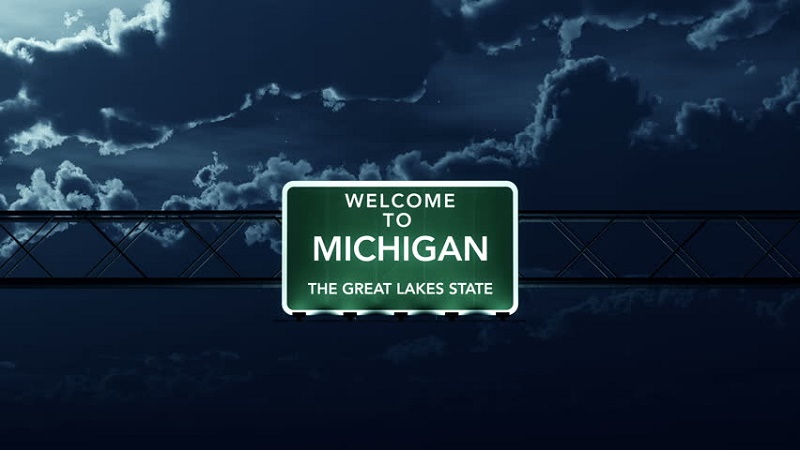According to the office of the State Senator Mike Kowall, the online poker bill (SB 889) of Michigan is expected to pass until the end of the year.
Recently, Kowall’s chief of staff and also legislative director, Dave Biswas, stated that there was “no reason” why SB 889 would not pass in 2016.
As had once been hoped, over the years online poker regulation has failed to materialize. In 2013, Delaware, New Jersey and Nevada tried to pass a online poker bill, but the failed efforts in Pennsylvania, California and other stated hampered it.
Michigan is now seen as the “state most likely to” pass the online poker bill, supplanting Pennsylvania.
According to Biswas, Kowall’s bill would pass through some technical amendments and in all likelihood, after a second hearing, the bill would pass. After that the bill would be discussed at the State Senate floor and the House.
Biswas’s supposition on how it should play out sounds simple and it might be too good to be true.
Constitutional Violation
Recently, David Murley, Michigan Gaming Control Board Deputy Director, brought up one possible impediment. According to him gambling expansion must be decided by public ballot and that’s why the bill may violate the state constitution. Even though it is not an insurmountable obstacle, this issue will delay the process.
The bill 889 also states that players that are not physically present in the state can place bets. This enables international pool sharing. This is another issue that according the Murley must be “carefully considered”. This implies that gambling expansion is not as simple as Biswas suggests.
Tribal Issues
The creation of Michigan’s online lottery made the tribes unhappy and a poker and casino market might work as compensation. However this might be problematic, since tribes would possible have to waive their sovereign immunity in order to offer gambling beyond their tribal borders. Tribes could also take the opposing track and argue that passing this bill is a violation of the gaming compacts. As a results, tribe could decide to go to court.
Despite the issues mentioned above, Murley believes Michigan will regulate online gaming soon or later and that the state “can do it well”.
-
Tags:



